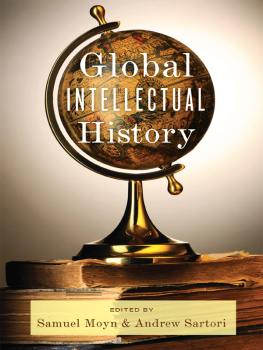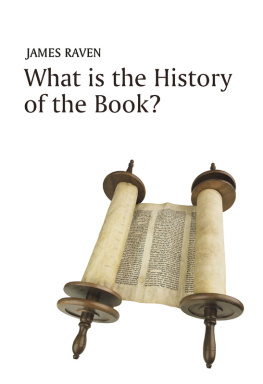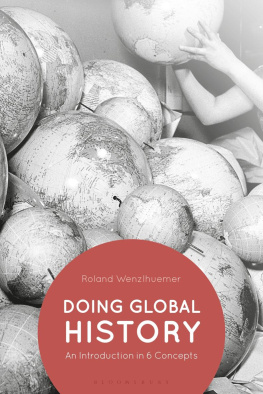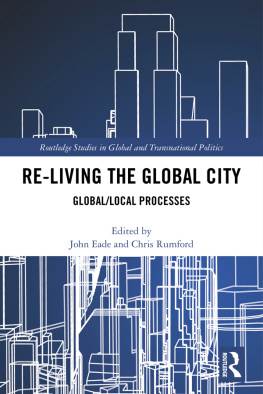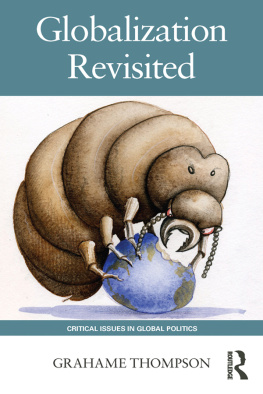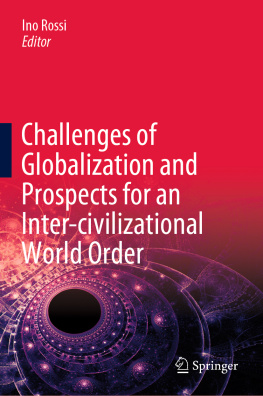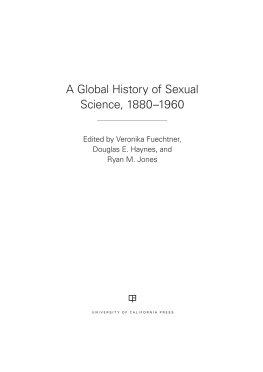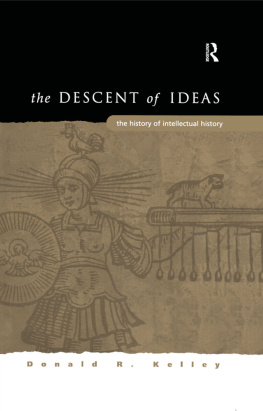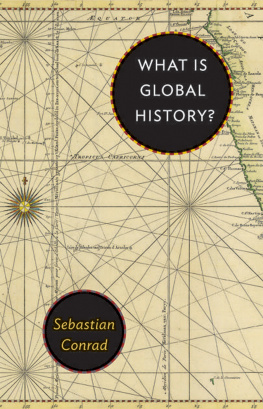Global Intellectual History
Columbia Studies in International and Global History
Columbia Studies in International and Global History
Matthew Connelly and Adam McKeown, Series Editors
The idea of globalization has become a commonplace, but we lack good histories that can explain the transnational and global processes that have shaped the contemporary world. Columbia Studies in International and Global History will encourage serious scholarship on international and global history with an eye to explaining the origins of the contemporary era. Grounded in empirical research, the titles in the series will also transcend the usual area boundaries and will address questions of how history can help us understand contemporary problems, including poverty, inequality, power, political violence, and accountability beyond the nation-state.
Cemil Aydin, The Politics of Anti-Westernism in Asia: Visions of World Order in Pan-Islamic and Pan-Asian Thought
Adam M. McKeown, Melancholy Order: Asian Migration and the Globalization of Borders
Patrick Manning, The African Diaspora: A History Through Culture
James Rodger Fleming, Fixing the Sky: The Checkered History of Weather and Climate Control
Steven Bryan, The Gold Standard at the Turn of the Twentieth Century: Rising Powers, Global Money, and the Age of Empire
Heonik Kwon, The Other Cold War
Global Intellectual History
EDITED BY
Samuel Moyn & Andrew Sartori
COLUMBIA UNIVERSITY PRESS NEW YORK
Columbia University Press
Publishers Since 1893
New York Chichester, West Sussex
cup.columbia.edu
Copyright 2013 Columbia University Press
All rights reserved
E-ISBN-978-0-231-53459-8
Library of Congress Cataloging-in-Publication Data
Global intellectual history / edited by Samuel Moyn and Andrew Sartori.
pages cm. (Columbia studies in international and global history)
Includes bibliographical references and index.
ISBN 978-0-231-16048-3 (cloth : alk. paper) ISBN 978-0-231-53459-8 (e-book)
1. Intellectual lifePhilosophy. 2. Civilization, ModernPhilosophy. I. Moyn, Samuel, author, editor of compilation. II. Sartori, Andrew, 1969author, editor of compilation.
CB358.G56 2013
306.42dc23
2012042114
Cover design: Catherine Casalino
Cover image: haveseen Fotolia.com
A Columbia University Press E-book.
CUP would be pleased to hear about your reading experience with this e-book at .
References to Web sites (URLs) were accurate at the time of writing. Neither the editors nor Columbia University Press is responsible for URLs that may have expired or changed since the manuscript was prepared.
Contents
T his volume began with a conference with the same title, which took place on April 9 and 10, 2010. The conference was held under the auspices of the New York areas Consortium for Intellectual and Cultural History, with generous funding and logistical assistance from New York Universitys Erich Maria Remarque Institute. For making the event possible, the editors thank Katherine Fleming, Tony Judt, and Jennifer Ren.
For the participation in this enterprise at the conference, or later, of Thomas Bender, Manu Bhagavan, Federico Finchelstein, Suzanne Marchand, Walter Mignolo, Timothy Roberts, Dominic Sachsenmaier, Jerrold Seigel, and Gary Wilder, the editors also are grateful.
In between the conference and the volume, the Columbia University Press editorial staff smoothed the way, with special thanks to our acquiring editor Anne Routon, her assistant Alison Alexanian, and the four anonymous readers they commissioned for their astute guidance.
Having much more pressing local business than the exploration of global intellectual history promised, our familiesAmy, Alisa, Lily, Izzie, and Madeleinedid not help with this book but deserve our thanks anyway, with love and affection.
A mong the last decades most notable developments in the historians guild has been a turn toward global history. The roots of global history are older, in different tendencies in international history to strain beyond its usual diplomatic agents or in world history to make into approved topics the transnational flows of populations, diseases, and goods. But the citizens of the postCold War world, at least in some places, conceived of themselves as living in an age of globalization and pushed this trend to impressive heights. The field of intellectual history, however, has lagged behind, although its objects of studythinkers and conceptswere presumably some of those most amenable to spread across vast geographical spaces.
More recent signs, however, suggest that there will be a global intellectual history just as transformative for this part of the discipline. More important, as pioneering examples of a global concept history begin to be published, the question now is not whether such ventures will take place but what models they will feature and what is at stake in choosing among them. The problem is far more one of theory than one of practice, for posing the difficulty (evidentiary, linguistic, professional, and so forth) of enacting a global history depends, first, on developing plausible models of what the subject matter of such a historiography ought to be.
A Gallery of Alternative Models
Global Intellectual History is intended to showcase the available choices at a threshold moment in the possible formation of an intellectual history extending across geographical parameters far larger than usual. This chapter offers an analytical orientation to the different possible approaches, versions of most of which are then defended by the individual contributors. This orientation then moves to the issue of chronology and the definition of the global itself. Is a premodern global history possible? Even today are there not spaces on the earth that fall outside the networks of social life and intellectual circulation but whose inclusion is required for a truly global framework? Whatever model of global intellectual history is adopted must be tailored to the spaces across which, from era to era, concepts could appear. But it may even be that the expansive space that is today called the global has never really existed.
The answer to these kinds of questions depends substantially on how the global is conceptualized as a scale, and there are several nascent approaches that need to be distinguished, for purposes of analytical clarity even if in practice they might overlap. We might begin by distinguishing among, first, the global as a meta-analytical category of the historian; second, the global as a substantive scale of historical process, and hence a property of the historians subject matter; and third, the global as a subjective category used by historical agents who are themselves the objects of the historians inquiry. With this in mind, we might then identify different versions of these three modes of the global in global intellectual history. Consider, first, universal history and comparative history. Then there are the various approaches that emphasize intermediating agents or modes of circulation, or else theories of larger structural transformations (Marxism, notably) that allow for new conceptual movement or networking practices. Each of these approaches has its own lineage, either in older forms of what were, in effect, global intellectual histories or in other historiographies. Finally, and for this reason, it is sometimes thought to be fruitful to take a second-order approach that, without directly addressing how to study global intellectual history now, insists on historical perspective as a first step to gain purchase on that problem. After all, far-flung spaces have long been subject to theorization and interpretation in different times and places, notably as an outcome of the colonization of the world.

